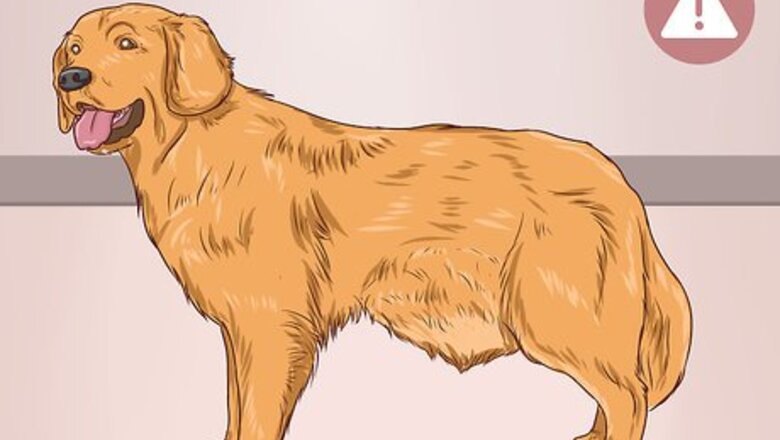
views
Deciding Whether to Give Home Treatment
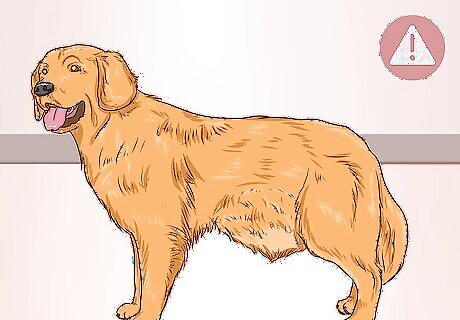
Check your dog for common symptoms of a blockage. If your dog has eaten something they shouldn't but they seem generally healthy otherwise, you may elect to treat the possible obstruction at home. However, if your dog is acting ill, then they require more immediate treatment. Some symptoms that indicate that your dog needs immediate veterinary treatment include: Vomiting. Weakness. Diarrhea. Loss of appetite. Signs of pain. Dehydration. Bloating
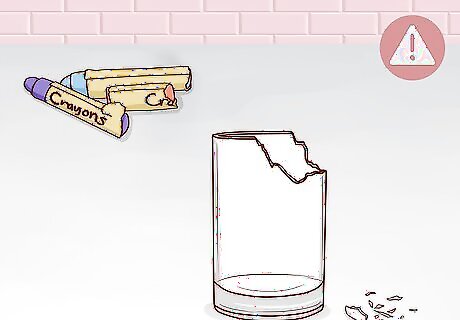
Decide whether it's possible for the dog to pass the obstruction. On rare occasions the dog may be able to pass it through their gastrointestinal system without trouble. However, there are items that cannot physically pass through a dog's digestive system because they are simply too big, too rough, or too dangerous to remain in your dog. It's best to have your dog evaluated by a vet, who can determine if the dog needs surgery. Items such as small pieces of crayon or paper can typically pass through a dog's digestive system without issue. If your dog eats a rough or sharp item, such as glass, seek veterinary care immediately. You won't always know what your dog has eaten when they have a bowel obstruction. However, if you do know, then you have the ability to assess the situation more clearly.
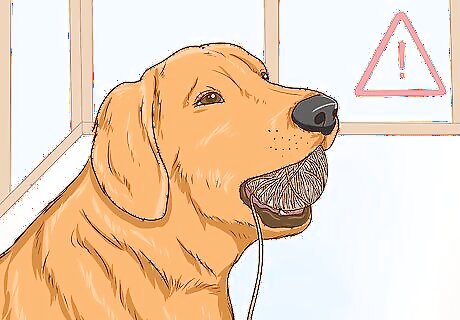
Think about additional risks. A full blockage is not the only risk to your dog's health. Items that are not food (as well as some human foods, such as grapes) can also pose a poisoning risk and the risk of internal injuries. For example, if your dog eats string, that string can cut into the intestines while it is moved around by the muscle contractions in the gut.
Giving at Home Treatment
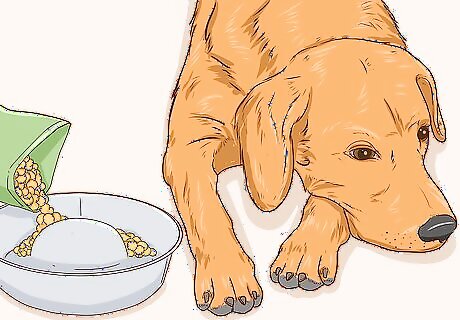
Monitor your dog's vital signs. If you are committed to letting your dog pass an obstruction naturally, then you need to be vigilant about watching the animal's health and vital signs. Monitor the dog's breathing, heart beat, appetite, bathroom schedule, and general demeanor. If any of these aspects changes for the worse, have your dog seen by a veterinarian immediately. An obstructed digestive system can be a life-threatening condition. If you suspect that your dog is not passing the obstruction and their condition is not improving quickly, get the animal veterinary treatment. If your dog is not eating due to the obstruction, is vomiting, or is lethargic, get your pet immediate veterinary care.
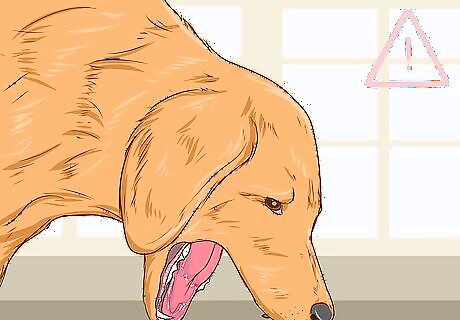
Watch for vomiting. If your dog eats something that they shouldn't, they may vomit it up. Large objects can sit in the stomach for a long time and eventually the dog will expel them with no detrimental side effects on their health. Vomiting itself is a symptom of a wide variety of health problems in pets. If your dog has vomited, this in and of itself is not a sign that your pet has a gastrointestinal blockage.
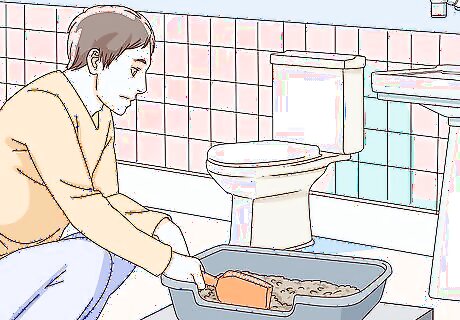
Look for evidence that the obstruction has passed through the dog's system. If you are sure that your dog has ingested something they shouldn't have, be on the lookout for the evidence that it has passed out of the animal's body. Look at your dog's stool every time they go to the bathroom in order to spot the item in question. Items that your dog eats can sit in their body for a long time or can be expelled quickly. The amount of time it will take to pass a potential obstructing object can vary.
Getting Veterinary Treatment
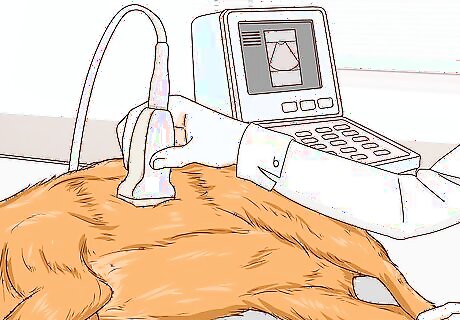
Take your dog to the vet. If your dog is acting unwell and you think that they have eaten something that is obstructing its digestive system, it's a good idea to have the animal seen by a vet. The vet can do an x-ray, ultrasound, or endoscopy to assess whether there is an obstruction in your dog's system. An endoscopy is a procedure in which the vet puts a camera down the dog's throat and into the digestive tract to look for an obstruction. With an endoscopy, your vet may also be able to remove a small obstruction with tools connected to the scope.
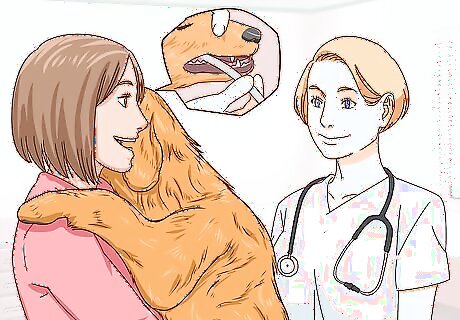
Discuss treatment options. If your dog does have an obstruction and it is making them ill, then immediate veterinary treatment is necessary. Talk to the vet about the treatment options open to you, which usually include endoscopic and/or traditional surgical removal. Your veterinarian will also need to give your dog fluids and medications to stabilize their system before operating.
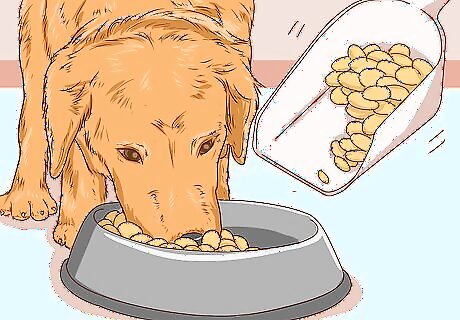
Give post-treatment care. After your dog has surgery, they will need special care at home. This care typically includes tending to the incision site, feeding an adjusted diet, and giving lots of love and attention. After your dog has recovered, try to stop them from eating foreign and indigestible objects in the future.
















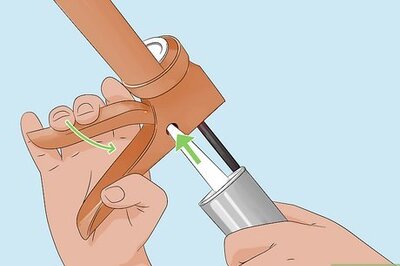
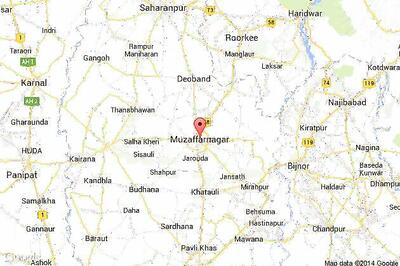

Comments
0 comment